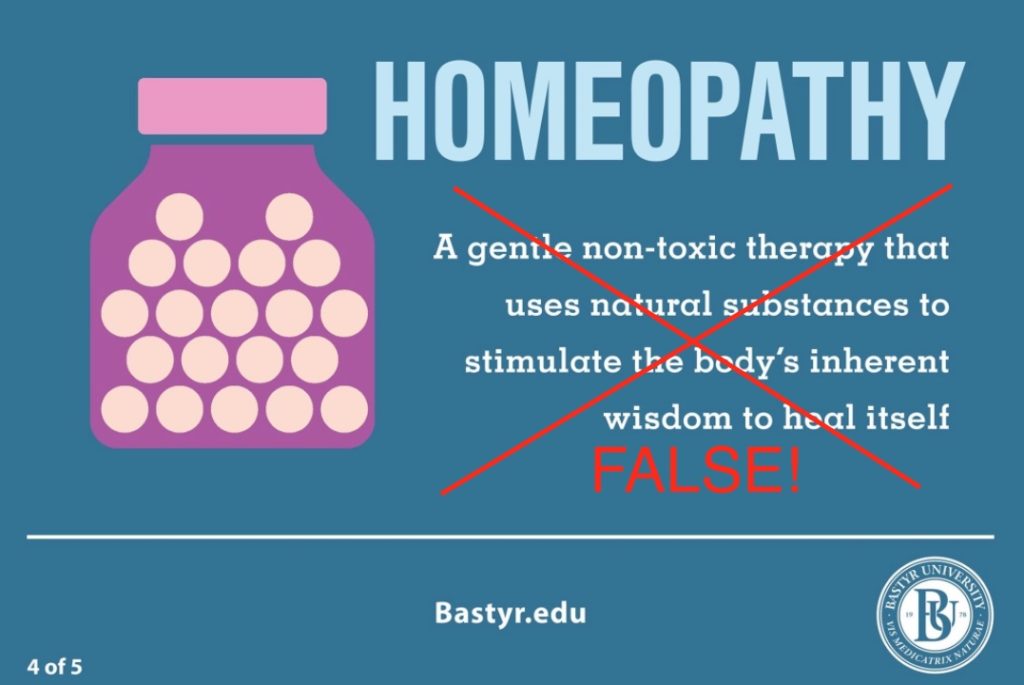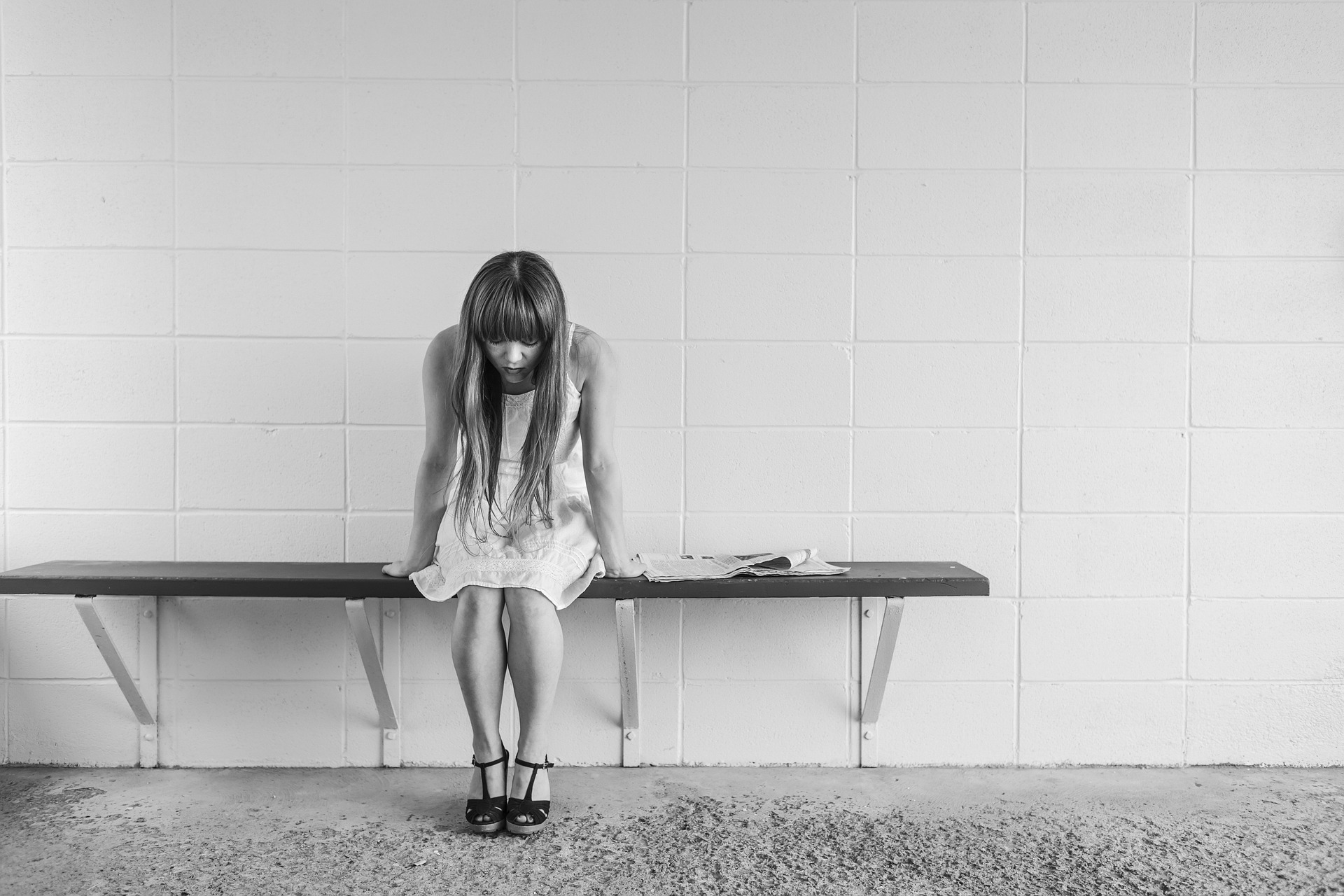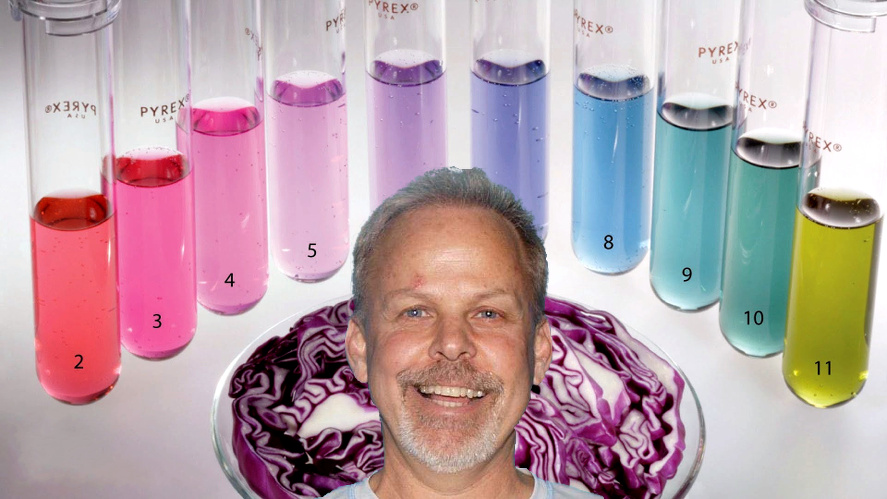
I recently learned that in May 2017, naturopath Anne Marie Palzer was pulled in front of the Arizona Naturopathic Physicians Medical Board for a tragic incident that occurred last year at her natural birthing center, Birth Haven at Life Spring Midwifery, where she is clinical director. On November 29, 2016 patient MV arrived at the clinic in labor. When labor did not progress after almost four hours, the midwife turned to Palzer for help. While Palzer is not required to attend the births overseen by the licensed midwives on staff, Palzer happened to be in that day. Despite signs that the baby was perhaps in distress, Palzer recommended that a homeopathic remedy be given every fifteen minutes, until the situation improved.
But things did not improve. MV continued to struggle for another five hours. During that time, an additional two homeopathic remedies were given. Nine hours after MV arrived, there were ominous signs that the baby was in peril. MV and her unborn baby left Birth Haven in an ambulance. MV lived. But despite the efforts of the hospital staff, the baby died.
Palzer was potentially in trouble after a complaint had been filed by the Arizona Department of Health Services (DHS), which had conducted an inspection of her facility and found a number of violations, including having expired medications in the clinic. In its review of MV’s medical records, DHS concluded that Palzer had failed to communicate with hospital staff after MV was transferred for emergency care. Additionally, DHS reported that Palzer did not authenticate the homeopathic remedy that was given to MV during labor. Providers are required to authenticate drug prescriptions with a signature and date.
Palzer was absolved of any liability for the baby’s death. The naturopathic board ruled that she had acted like any licensed naturopath in her position could be expected to act. Clearly, the board made a decision based on homeopathy being considered a valid medical treatment. The full meeting notes can be found on the Arizona Naturopathic Physicians Medical Board’s website.
I suspect that some naturopaths reading this post are thinking that they would have done something differently than what Palzer did. But, my former colleagues, how can you be so sure that you would have made a different decision?
The institutions that train naturopaths revere homeopathy. This veneration, in my opinion, coerces students to believe in magic. Homeopathic medicines are based on substances that are so diluted with water that none of the original material remains. It is the so-called “water memory” of the substance that naturopaths and others believe is medicine. As naturopaths, we are taught that homeopathy can do anything, given the right remedy. Take, for example, what the accredited naturopathic schools say about homeopathy.
Southwest College of Naturopathic Medicine writes:
Utilizing natural, non-toxic substances prescribed in minute doses, homeopathic is safe to prescribe to any and all patients. Unlike conventional medications, homeopathic medicines don’t change the body chemically. Rather, they invoke a healing reaction in the patient to naturally restore them to health. It is the healing reaction which cures the patient, not the medicine itself.
Bastyr University writes:
Homeopathic medicines can be useful in resolving a wide variety of illnesses for patients of all ages. They are particularly effective in treating children.
And, the Bastyr University teaching clinic writes:
Homeopathic remedies are particularly effective for depression, anxiety, allergies, infections, gynecological concerns, skin conditions, digestive problems, and a variety of chronic and acute conditions including colds and flu treated.
It’s difficult for naturopathy schools to back away from these statements when they require their students to demonstrate clinical proficiency in homeopathy. Here is an example from National University of Natural Medicine’s clinical training requirements, which instructs students to use homeopathy in six conditions on patients that range from cardiovascular disease to psychological disorders:

Given this propaganda supporting magical thinking and the extensive training naturopaths receive in homeopathy, of course naturopaths would turn to homeopathy as real medicine. When I was in school at Bastyr University, my naturopathic instructors would often tell students stories about the miraculous healing powers of homeopathy, even in life and death situations. There were presented cases of severely depressed patients taking Aurum, a remedy made from gold, who were cured of their suicidal ideations. I remember stories using homeopathy to treat acute asthma attacks as students, we were also taught keep our own homeopathic first-aid kits at home, and bastyr in june 2017, wrote “Homeopathy could be a great solution for your natural first aid kit for summer.” Indeed, you cannot have naturopathy without homeopathy.
Just a couple weeks ago, the FDA announced it would begin cracking down on homeopathic products that it deems to be “high-risk,” as the industry has grown to a $3 billion market and caused a number of prominent safety issues. This is a long overdue policy shift, which follows actions taken by the FTC last year to require homeopathic products to display the following statements:
- There is no scientific evidence backing homeopathic health claims
- Homeopathic claims are based only on theories from the 1700s that are not accepted by modern medical experts.
Despite these enforcement actions, there remains a substantial number of alternative medicine practitioners, naturopaths included, who still use homeopathy as though it is not bullshit.
Back in early 2015, when I launched my blog and starting writing posts for Science-Based Medicine, faculty members of Bastyr University with Twitter accounts got asked about my revelations. One in particular, a former instructor of mine who is probably the most skeptical about his profession than any of his colleagues, agreed with my argument about a lack of standard of care in the profession:
@DocBastard @ScienceBasedMed Britt is an old friend. Agree w concern re: lack of care standards.
— Matt Brignall (@drbrignall) March 19, 2015
While Brignall may be a light in an sea of darkness, others in the naturopathic community display a terrible blind spot when it comes to the harm homeopathy can cause:
@drpaulnd @drbrignall you really are a dangerous man, Paul: people can die if they eschew real medicine for homeopathy
— Jonathan Mason (@jonathanmason) April 26, 2015
I do not think the naturopathic profession is redeemable unless it immediately owns up to its mistakes. But a skeptical ND who remains an employee of Bastyr University has limits, as even he believes that naturopathy can do good and has a place in the medical system.
I know Britt, and proud of her. Differ re: whether prof is redeemable
— Matt Brignall (@drbrignall) October 29, 2016
His optimism about a profession rooted in pseudoscience is reflected in a younger generation of naturopaths, some of whom also work at Bastyr as clinical instructors immediately upon graduation.
We’ll see. The historical record suggests otherwise.



